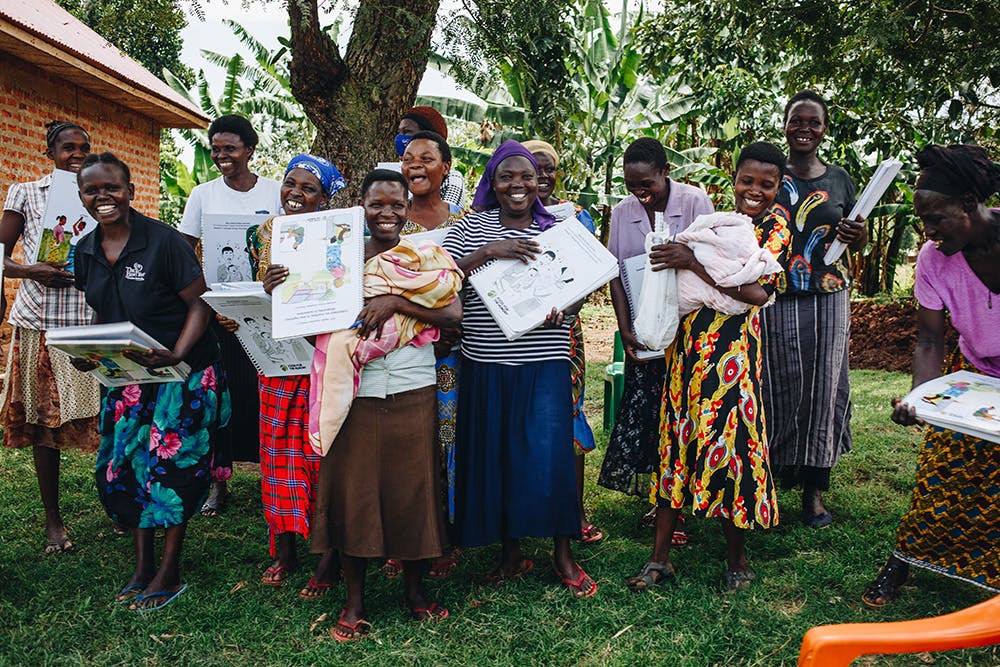The United Nations reported that 1.6 billion learners in more than 190 countries were affected by the closure of educational institutions at the peak of the COVID-19 pandemic. Between February 2020 and February 2022, educational systems were fully closed for in-person schooling for an average 141 days.
In South Asia and Latin America and the Caribbean, children lost an average of 273 and 225 full days of school, respectively. As a result, the World Bank estimates the percentage of children who cannot read a simple story by age 10 has increased to 70% since onset of the pandemic. As a result, all progress that was achieved toward mitigating learning poverty in low- and middle-income countries since 2000 has been lost.
Millions of children and youth are now back in school and face the challenge of catching up on lost learning. Food for the Hungry (FH) is working with caregivers, teachers, and communities to improve child learning and development through social behavior change interventions.
FH recognizes that school-based approaches alone are not sufficient in many developing countries to reach the goal of widespread reading proficiency among early-grade children. As a result, broadening the scope of literacy interventions beyond the school is a necessary step. This is where FH’s Education Care Groups can come into play.
Care Groups, also called Cascade Groups, consist of 10–15 community-based volunteer educators who meet regularly with project staff for training. They then deliver behavior-change lessons to their neighbors in group settings and through household visits. Care Groups build caregiver capacity to support their children’s early-grade success, including instruction in how to encourage reading practice and promote engagement with their children’s school.
FH staff involved in Care Groups for education have seen caregivers receive the information and use it in their own lives in addition to the everyday lives of their children. One FH staff member said, “Before, they (caregivers) didn’t have time to think about their children’s studies. But since joining Cascade Groups, they are always trying to find time to help children.”
A staff member observed during a home visit that a father was carving a toy helicopter for his child. This shows that parents have learned the importance of play for child development and have found ways to make toys with locally available materials. FH staff is encouraged by this and say they “have hope that children will have their future with education. I think this program helps us to achieve our goal in every corner.”
FH’s Director of Education Programs, Lisa Easterbrooks, will be joining a panel presentation during the 2023 Comparative & International Education Society (CIES) Conference entitled, “How Behavioral Science Transforms Caregiver and Community Engagement in Children’s Literacy.” The panel will also include representatives from World Vision and Ideas42. Discussion will focus on harnessing behavioral science and using Care Groups to promote family and community engagement in education. Recently, Food for the Hungry (FH) and Boston College have been working together to evaluate FH’s Education Care Groups. These results will be included in Lisa’s presentation.
For further reading:
FH Helps Communities Build LIbrary of Books in Local Language


